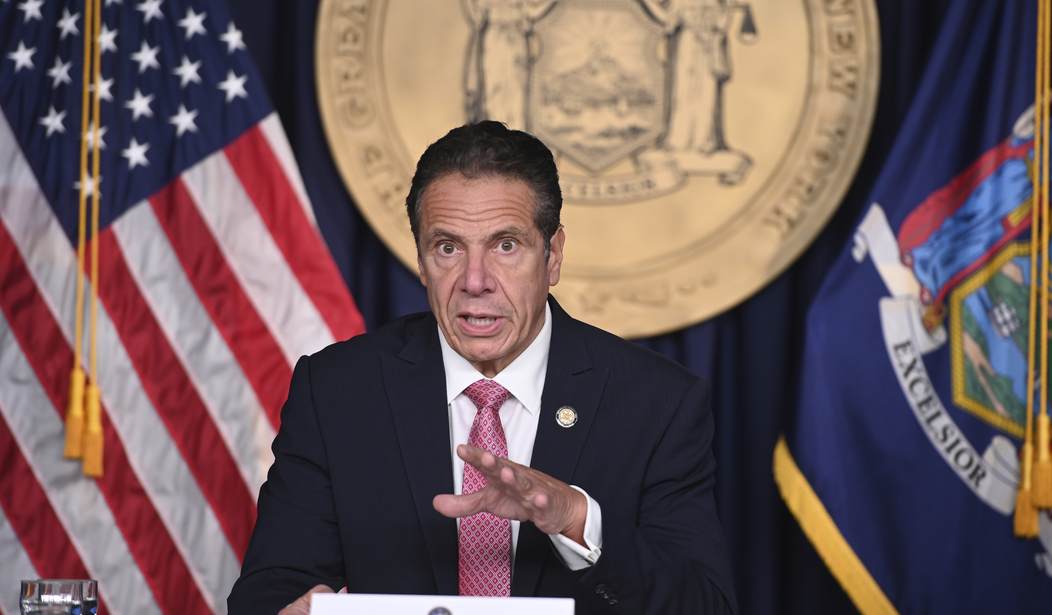As Americans face a new wave of COVID-19 restrictions, one need only look across the Atlantic to forecast what may transpire next in the United States. Europe’s pandemic response offers an ominous warning for religious liberty. England, France, and Ireland have all suspended communal worship, and indefinite timelines for the return to church leave the faithful with no apparent end in sight.
The European trajectory suggests that the second wave of lockdowns in the U.S. could bring serious violations of our fundamental freedoms. Nevada churches are already forced to operate under greater restrictions than Vegas casinos. But could it get worse?
In England, Catholic Cardinal Vincent Nichols has asked that the government produce “evidence that justifies the cessation of acts of public worship”. As the Cardinal notes, “we have not yet seen any evidence whatsoever that would make the banning of communal worship, with all its human costs, a productive part of combatting the virus”. Church closures are taking place with scant evidence of the dangers of properly regulated attendance—a fact recently admitted to a UK Parliamentary committee by senior medical advisors. For similar reasons, Ireland too will face a constitutional challenge, following Archbishop Eamon Martin’s call for Catholics to petition the government to lift the ban on worship.
Government officials have a duty to protect health and safety, but they do not have a right to trample fundamental freedoms. Sadly, some of them have, giving little heed to the cries of the Church. Noting that Christmas has a “strong spiritual theme to it,” the Irish Prime Minister has promised to work with churches to reopen for the day of the holiday. But absent here is an acknowledgement of the depth of religious tradition preceding Christmas as the faithful prepare their hearts for the coming of Jesus in Advent. Christians go to church on more days than just Christmas, and it would behoove the state to allow people to safely worship, especially during these holy days.
Recommended
Bans on public worship are an affront to religious freedom that exceed an appropriate response to the pandemic, especially when establishments like bars and casinos are allowed to remain open. This discrimination constitutes an infringement of our human rights, guaranteed not only by the American Constitution, but also by international law. Country signatories of the International Covenant on Civil and Political Rights, the United States included, could soon be in contravention of international legal obligations in failing to safeguard the right to worship. The Covenant requires that states uphold the right to freedom of religion, including the right to manifest religion in public worship. Limitations on the right are allowed to protect public safety, order, health, or morals or the fundamental rights and freedoms of others. Any limitation, however, must be directly related and proportionate to the need—strict criteria that worship bans do not appear to meet.
If the United States is to follow in Europe’s footsteps, we may face growing church closures, without a clearly related impact on curbing virus transmission. As Thanksgiving approaches, we are reminded that this country was founded for the pursuit of religious freedom. The Pilgrims brought to our shores by the Mayflower endured unspeakable sufferings to travel to a new world. They faced sickness, death, and all the dangers of a strange land for the sake of freely living out their faith. They persevered, choosing not to return to the old world even when their new home was at its most inhospitable. This is the great American inheritance that must be vigilantly guarded. As we work together for an end to the pandemic, we also must preserve the rights upon which our nation was built.
Elyssa Koren is director of United Nations advocacy for ADF International. Follow her on Twitter @Elyssa_ADFIntl.
























Join the conversation as a VIP Member